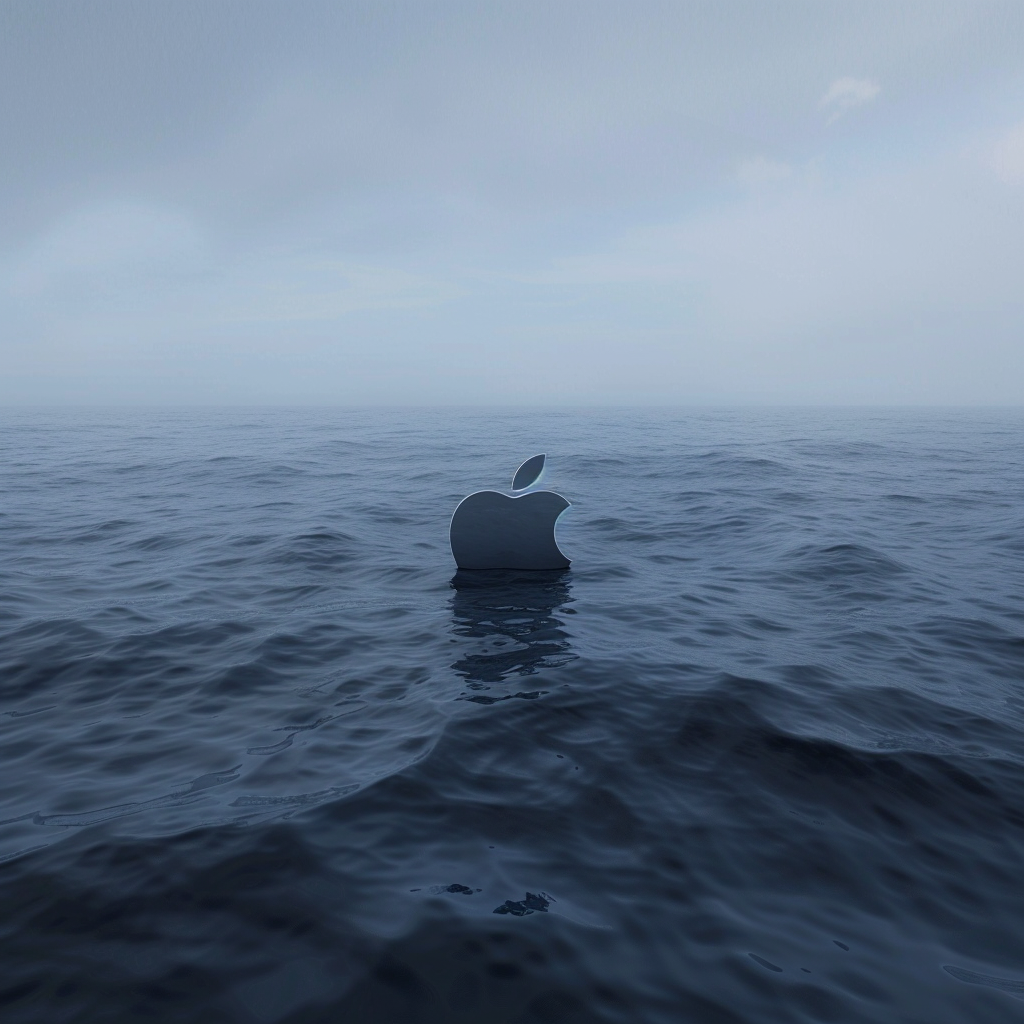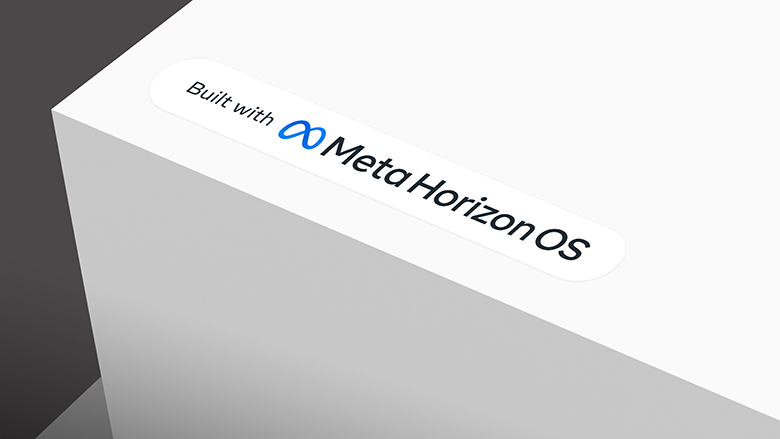Google's XR Re-Entry Point
If at first you don't succeed, try, try, try, try, try again:
Internally, Google teams are heavily focused on Android XR, a new software that Google hopes hardware partners will want to build devices on.
Meanwhile, Google and Samsung partnered on a headset that will be powered by Google's new software, but leaders, fearing the device isn't yet good enough to dazzle users, have continually pushed it back, according to people familiar with the timeline. The launch has been delayed to Q1 of next year, they said.
Pushing back a device that isn't ready for prime time, despite seemingly being quite late to this particular game, seems like a good sign (a gameplan Apple probably should have followed). Particularly since it's entirely possible they're not actually late to this game – AR/VR/XR – as Apple is now learning, first-hand. And perhaps Google's previous failures in the space are actually helping them here in that they know they can't launch yet another effort which is doomed to fail.
At the same time, Meta is pushing to become the "Android for XR" to Apple's, well, Apple of the space. They even made a plea to Google to join the Horizon OS... yes, quest. Which clearly won't be happening. (Beyond the OS ambitions, Google can't be thrilled about losing many key XR folks to Meta, per the article. Not to mention the report that Google was trying to get Meta to join up with their effort before Meta was trying to get Google to join up with their effort.)
Google has made encouraging progress with the Raxium optical technology, according to a person who saw a recent demo. It built the technology into a collection of internal development software used for building and showcasing Android XR, each with monikers such as "Betty," "Barry," and "Harriet" (within these names are buried clues about their abilities; Harriet includes the letters "et" because the prototype has eye tracking).
Such leaps of progress could help the company eventually reboot a first-party offering. For now, it is focused on landing partners like Samsung and Qualcomm to put Android XR on various types of headsets, from fully immersive to more glasses-like devices.
"Google is out of the first-party game for glasses for the foreseeable future," said one current employee. "We're only making prototypes to convince people to use our software."
This is obviously a different strategy from Meta (and, of course, Apple). And may help the sales pitch to go with Android XR over Horizon OS. Of course, in the success state, it's only a matter of time before any OS-maker builds their own first-party hardware (see also: Android, Windows, etc). So the real sales pitch has to be the strength of the overall Android ecosystem. But that's not really helping Apple with the Vision Pro, despite the strength of their developer/software ecosystem.
Google and Samsung are still building a joint device—a mixed-reality headset more akin to Apple's Vision Pro, internally codenamed Moohan. The device, announced in February 2023, was initially planned to launch in Q1 of this year but has been pushed back. According to a person familiar with the internal timeline, a consumer version is now set for next March, with a developer version planned for release this October.
Again, Apple's lack of breakout success here is likely helping Google/Samsung to make the delay call. Though I'm not even sure the gap between October and March would be enough time to get a developer ecosystem up to speed, unless the device is that good. Also problematic would be whatever Apple may or may not do next year with the 'Vision' (read: non-Pro Spatial Computing device). And Meta. Not only with the Quest, but also with the other XR devices they have in the works.
There is internal speculation that Samsung will be the first to also build glasses with Google's AR software, according to two employees familiar with the matter.
Google is running prototypes of Moohan and other devices on chips built by Qualcomm, which it hopes will prove a key strategic partner as it ramps up its renewed efforts.
Glasses, meaning something akin to Meta's Ray-Ban "smart glasses", probably make a lot more sense in the short-term versus the full-fledged headset. Meta is getting a lot of interest and plaudits for their offering – even though it's clearly still pretty rough with regard to the newfangled AI features. Given what Google showed off at I/O with "Project Astra" (a cross between XR and OpenAI's GPT-4o vocal computing demos) and everything they're doing with Gemini, this should probably be the first (well, third or fourth, if you count the false-starts) XR device.
One more thing: bonus points if they call it Google Glasses.






